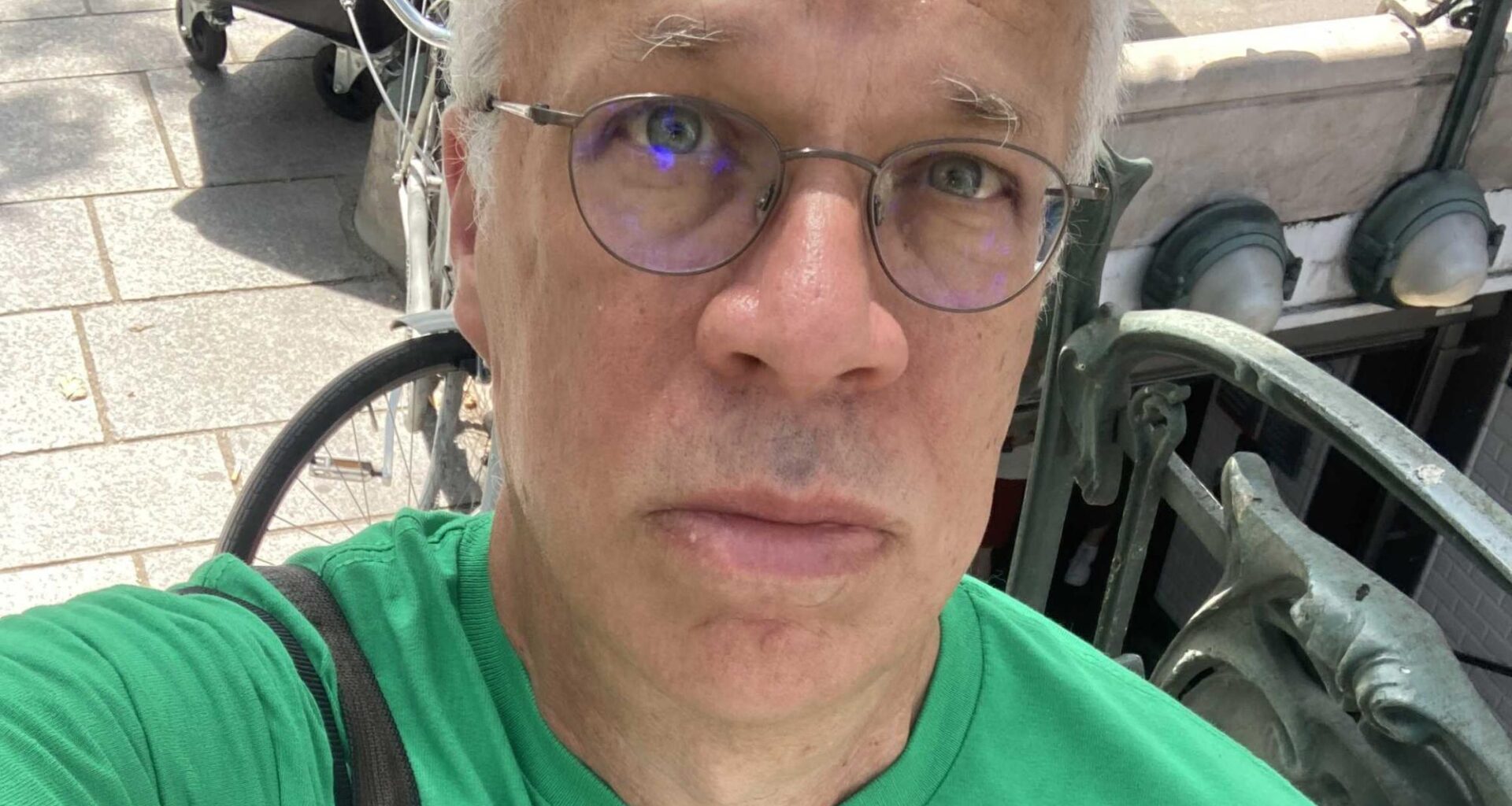Capturing the Texas punk scene with his camera since his time as a photojournalism student at UT, Pat Blashill invites readers into the start of punk across the Lone Star State with his new book, “Someday All the Adults Will Die!” The Daily Texan sat down with Blashill to discuss the makings of the book and UT’s impact on the early punk scene.
The Daily Texan: You mention in the book a piece of advice you received from your professor, Dennis Darling, is to, “Take pictures of our own lives because those photos would mean more to us later.” Can you tell me more about how you took that advice to heart?
Pat Blashill: Dennis Darling is a man of few words, and he was a believer in teaching by showing. That advice rang true to me, and it made perfect sense to me because at that time, the thing that was exciting for me was (punk) music.
DT: Was there a moment when you realized you were part of something more impactful than you have imagined?
Blashill: In retrospect, I knew that there was something happening that I cared about, but I didn’t really entertain the idea that it would make too much of an impact outside of Austin. … I don’t know if I was as much of a booster of it as I could have been (at the time), and now I feel 40 years after the fact that’s my job. I’m, like, the world ambassador to Texas punk rock.
DT: In the book, you often mention UT’s role in the emerging punk movement, but how much of Austin’s growing punk scene at that time do you credit to UT or the fact that Austin is a college town?
Blashill: A great deal, but in a kind of abstract way. Most of the first (punk) groups, as somebody in the book says, had at least one or two college students, and many of them were radio-television-film students, journalism and media students. …What changed with the Dicks coming along was that there started to be some groups that were more — I wouldn’t say they weren’t intellectual, but they were kind of anti-intellectual, which made them intellectual. There were people that weren’t in the classes at UT or had dropped out, and were questioning this idea of that kind of an education. The fact that Austin is a college town had everything to do with the audience, and it made the audience and the context receptive to all these groups. … That influx of people that were questioning this context of an educated college town (was) what really helped people to start thinking of making our own kind of punk music.
DT: What were you hoping readers would take away from “Someday All the Adults Will Die!”?
Blashill: In my mind, the subtitle of the book was, “How to make a scene.”… My big hope for the book is that people — young people — read it, and they think, “We can do this,” or, “Let’s think about how we can make something with our own hands that matters” because that’s really powerful. It doesn’t even have to be something that ever makes money or means something important to people outside of your own circle. The fact that people can make for themselves is the most important thing.

